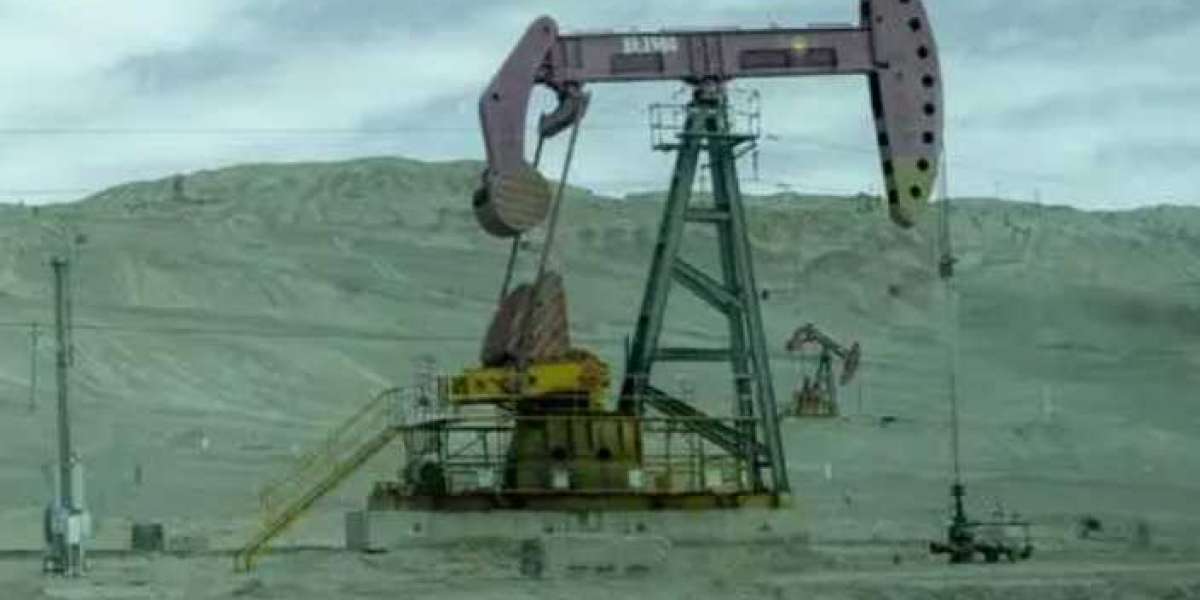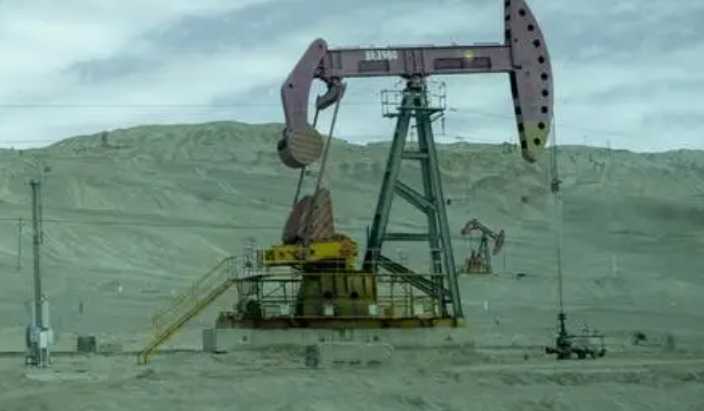Well control is an essential skill for drilling engineers and operators because it requires them to stop or direct the flow of formation fluids into the wellbore. Drilling engineers and operators must have this ability. Instructors and assessors working in the field of well control are tasked with the responsibility of delivering training and certification programs to personnel working in well control. The purpose of these programs is to ensure that personnel working in well control are competent and safe. However, what are the most essential skills and specialized areas of knowledge that well control instructors and assessors need to have? The following is a list of some of the most significant aspects to take into consideration.
a level of expertise in particular domains
The fundamentals, procedures, and tools involved in well control operations should be thoroughly understood by those who teach well control and evaluate its effectiveness
They need to be familiar with the various well control methods, such as the driller's method, the wait and weight method, and the volumetric method, as well as how to apply each method in a variety of different contexts
Additionally, they need to know how to control the well using the volumetric method
They should also be able to explain the factors that contribute to kicks as well as the signs that accompany them
Additionally, they should be able to explain the functions and components of the blowout preventer (BOP) system, as well as the calculations and formulas associated with well control
Additionally, they should be aware of the standards and regulations that govern well control practices, such as the International Well Logging Simulators Control Forum (IWCF) and the International Association of Drilling Contractors (IADC)
Both of these organizations can be found online
You can learn more about either of these organizations by going online
Teaching skills
Instructors and evaluators in the field of well control are required to have strong teaching skills that enable them to plan, execute, and evaluate the training and certification programs that they offer. Well Logging Simulators requirement is in place to ensure that the quality of instruction that is provided to students is maintained. They should be able to communicate with clarity and self-assurance, utilizing language and terminology that is appropriate for the situation. Additionally, they should be able to modify their presentation style and pace in order to accommodate a variety of audiences and learning goals. They should also be capable of employing a variety of teaching strategies and tools, such as lectures, demonstrations, simulations, exercises, quizzes, and feedback, in order to engage and motivate learners, as well as evaluate the progression and performance of the learners. In addition to this, they should be able to provide appropriate responses to any questions, difficulties, or challenges that may arise during the process of training and evaluation.
Proven track record within the sector
The instructors and examiners of well control are required to have relevant industry experience
This enables them to relate the theoretical and practical aspects of well control to real-life scenarios, which is one of the primary goals of the course
They should have worked in drilling operations that involved well control activities such as drilling, tripping, casing, cementing, testing, and completing wells
Additionally, they should have been given the opportunity to test the wells
In addition to that, they ought to have been provided the opportunity to finish drilling wells
They should also have been a part of or witnessed incidents or emergencies involving well control, and they should have learned from the lessons and best practices that emerged as a result of those incidents and emergencies
In addition to this, they should have knowledge that is both current and up to date regarding the most recent technologies, trends, and challenges that are present in the industry of well control
Interpersonal skills
Because these skills enable them to build rapport and trust with students and colleagues, instructors and assessors of well-controlled courses need to have strong interpersonal skills. This is because these skills allow them to control the learning environment. They should be able to comprehend the requirements, anticipations, and comments of their customers and other stakeholders, in addition to having the ability to listen attentively and with empathy for those individuals. They should also be able to collaborate and cooperate with one another, sharing ideas, resources, and support while working with other teachers and evaluators. In addition to this, they should be able to respect the diversity of the people they interact with and keep their conversations confidential, as well as demonstrate professionalism, integrity, and ethics in their role.
Education and training on an ongoing basis
In the field of well control, instructors and assessors are required to have a commitment to continuous learning
This enables them to maintain and improve their existing skills and knowledge in the field of well control
They should be receptive to both giving and receiving feedback, as well as taking the time to consider both the areas in which they excel and those in which they have room for growth
In addition to this, they should be willing to learn about and implement novel ideas, procedures, and technological advancements in the field of well control education and practice
In addition, they should be actively seeking out opportunities for professional development, such as enrolling in classes, workshops, conferences, webinars, or other online platforms, and obtaining new well control certifications or keeping their existing ones current
In addition, they should keep their existing certifications current









